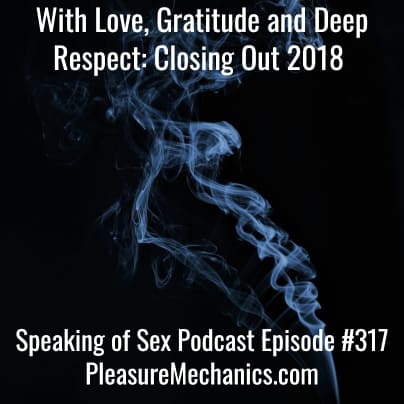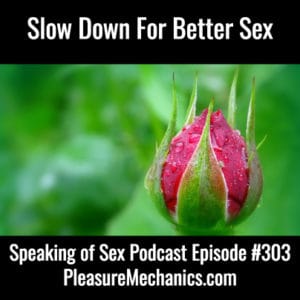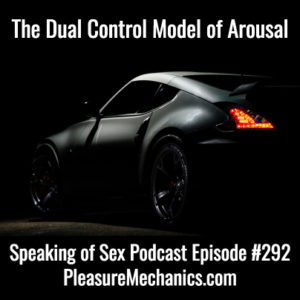Podcast: Play in new window | Download

As we all head towards the end of 2018, we sign off for a holiday break, announce our end of the year sale and reflect on our recent time at the Zen monastery.
Get started with our FREE online course: PleasureMechanics.com/Free
All of our online courses are 33% with the code JOY until the end of 2018
Join us on our Patreon at Patreon.com/PleasureMechanics
Cheers all! We will be back with our weekly episodes, posted every Friday, in 2019.


